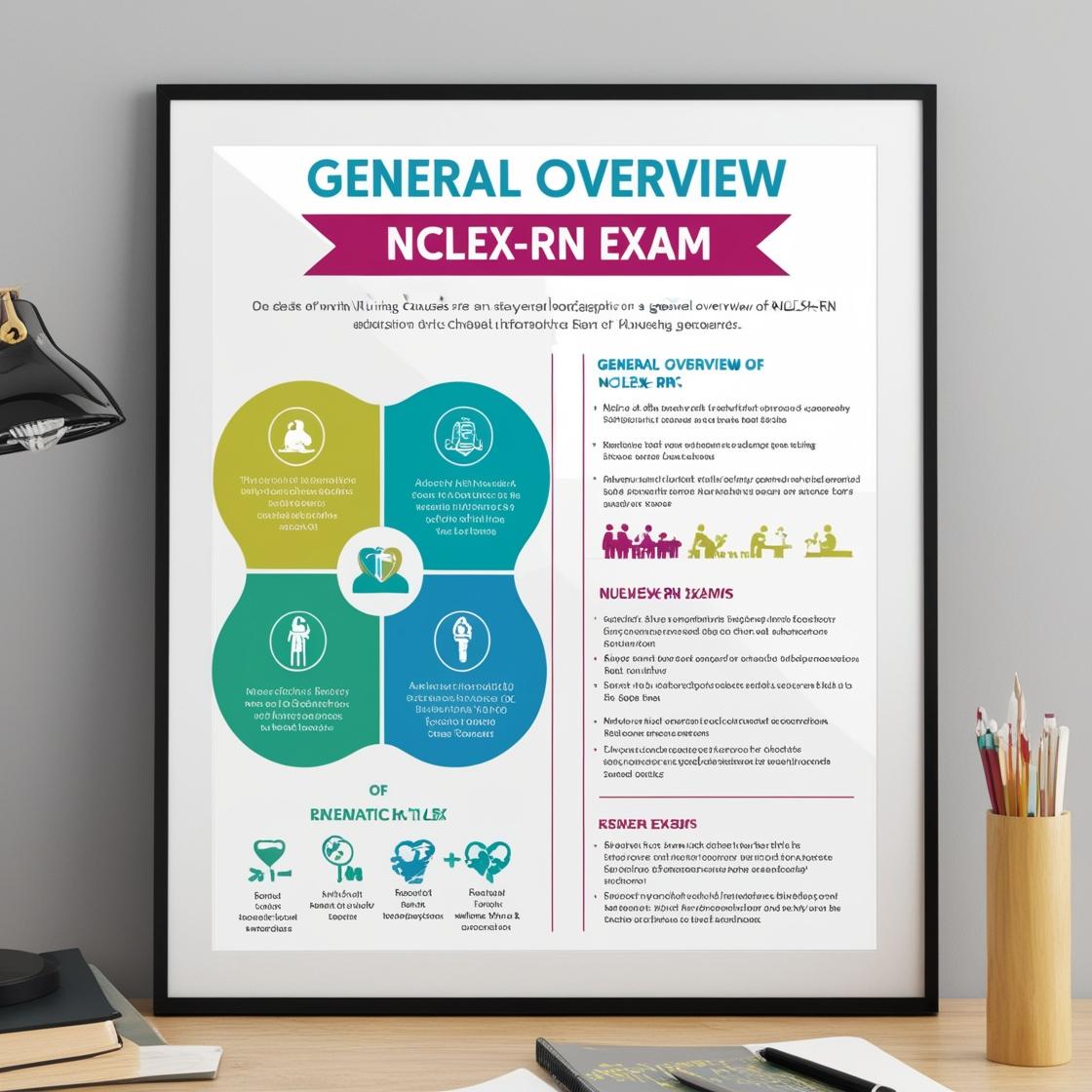NCLEX-RN
NCLEX RN Practice Questions Exam Cram
1. A patient asks the nurse whether he is a good candidate to use a CPAP machine. The nurse reviews the client's history. Which condition would contraindicate the use of a CPAP machine?
- A. The patient is in the late stage of dementia.
- B. The patient has a history of bronchitis.
- C. The patient has had suicidal gestures/attempts in the past.
- D. The patient is on beta-blockers.
Correct answer: A
Rationale: The correct answer is that the patient is in the late stage of dementia. In late-stage dementia, individuals may have an inability to follow commands and understand instructions independently, which are essential for proper installation and use of a CPAP machine. This makes using a CPAP machine challenging and potentially ineffective for patients in this condition. Choice B, having a history of bronchitis, does not contraindicate the use of a CPAP machine. In fact, CPAP therapy can be beneficial for patients with respiratory conditions like bronchitis. Choice C, a history of suicidal gestures/attempts, while concerning for the patient's mental health, does not directly contraindicate the use of a CPAP machine. Choice D, being on beta-blockers, is not a contraindication for CPAP machine use. Beta-blockers are commonly used medications for various conditions and do not interfere with the use of a CPAP machine.
2. What nursing action demonstrates the nurse understands the priority nursing diagnosis when caring for patients being treated with splints, casts, or traction?
- A. The nurse assesses extremity pulse, temperature, color, pain, and feeling every hour.
- B. The nurse orders meals with adequate protein and calcium for the patient.
- C. The nurse teaches the patient never to insert objects under a cast to scratch an itch.
- D. The nurse administers oral painkillers as ordered.
Correct answer: A
Rationale: The correct answer is to assess extremity pulse, temperature, color, pain, and feeling every hour. This action aligns with the priority nursing diagnosis of Risk for Peripheral Neurovascular Dysfunction related to fractures. Monitoring these factors is crucial to detect any signs of compromised circulation or nerve function promptly. Option B is incorrect as it does not directly address the priority nursing diagnosis. Option C is important but does not directly relate to the neurovascular aspect. Option D, administering painkillers, is necessary but does not specifically address the priority nursing diagnosis of neurovascular dysfunction.
3. The parents of a newborn male with hypospadias want their child circumcised. The best response by the nurse is to inform them that
- A. Circumcision is delayed so the foreskin can be used for the surgical repair
- B. This procedure is contraindicated because of the permanent defect
- C. There is no medical indication for performing a circumcision on any child
- D. The procedure should be performed as soon as the infant is stable
Correct answer: A
Rationale: Circumcision is delayed so the foreskin can be used for the surgical repair. Even if mild hypospadias is suspected, circumcision is not done to save the foreskin for surgical repair if needed. Choice B is incorrect because circumcision is not contraindicated due to a permanent defect; it is delayed for potential surgical needs. Choice C is incorrect as there are situations where a circumcision may be indicated for medical or cultural reasons. Choice D is incorrect because circumcision for hypospadias-related repair is not done immediately but rather delayed to preserve the foreskin for potential reconstructive surgery.
4. Which of the following measures would be appropriate for a nurse to teach the parent of a nine-month-old infant about diaper dermatitis?
- A. Use only cloth diapers that are rinsed in bleach
- B. Do not use occlusive ointments on the rash
- C. Use commercial baby wipes with each diaper change
- D. Discontinue a new food that was added to the infant's diet just prior to the rash
Correct answer: D
Rationale: Diaper dermatitis can be caused by various factors, one of which includes introducing new foods to the infant's diet. Discontinuing the new food that was added just before the rash can help identify and eliminate the potential cause. Options A and C are not directly related to addressing the cause of diaper dermatitis. While using cloth diapers rinsed in bleach may be a preventive measure for diaper dermatitis, it is not addressing a specific cause. Option B, advising against using occlusive ointments on the rash, may actually be beneficial in managing diaper dermatitis, but it does not address the cause of the condition.
5. A 4-year-old hospitalized child begins to have a seizure while playing with hard plastic toys in the hallway. Of the following nursing actions, which one should the nurse do first?
- A. Place the child in the nearest bed
- B. Administer IV medication to slow down the seizure
- C. Place a padded tongue blade in the child's mouth
- D. Remove the child's toys from the immediate area
Correct answer: D
Rationale: During a seizure, the priority nursing actions are to ensure the safety of the child and maintain airway patency. Placing objects in the child's mouth, like a padded tongue blade, is not recommended as it can lead to injury or obstruction of the airway. Moving the child to a bed is also not the immediate priority during a seizure. Administering IV medication to slow down the seizure is not typically done as the initial action. Therefore, the correct first nursing action is to remove any potential hazards, such as the hard plastic toys, from the immediate area to prevent injury during the seizure.
Similar Questions

Access More Features
NCLEX RN Basic
$69.99/ 30 days
- 5,000 Questions with answers
- Comprehensive NCLEX coverage
- 30 days access @ $69.99
NCLEX RN Premium
$149.99/ 90 days
- 5,000 Questions with answers
- Comprehensive NCLEX coverage
- 30 days access @ $149.99
